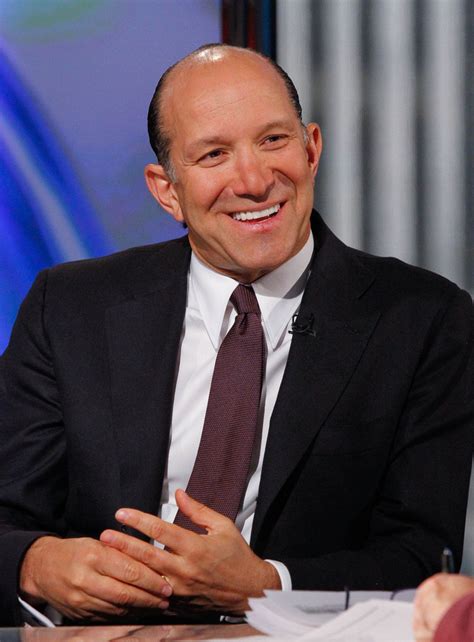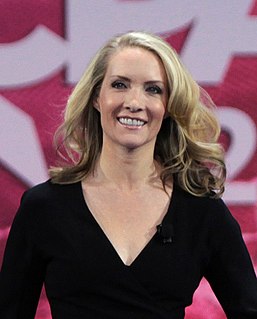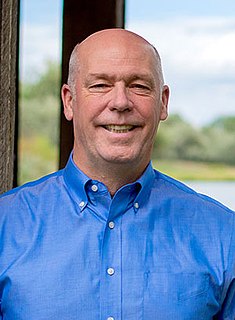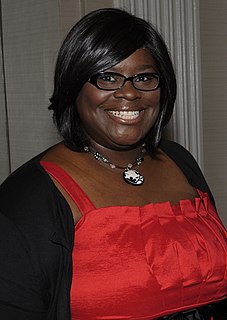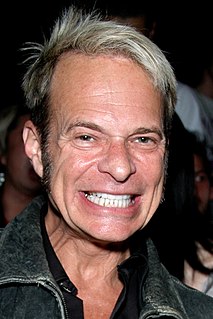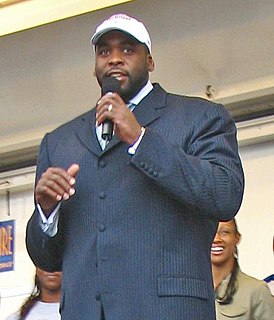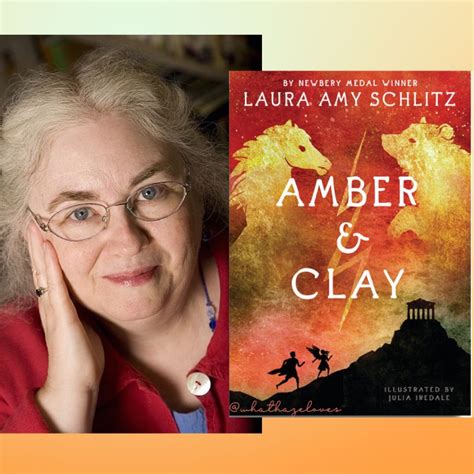A Quote by Matt Rosendale
After about 20 years of the real estate industry - where we had built it up from a little one-off, just five-agent operation - we built that that into a four-office, 65-agent, multimillion-dollar firm. At that point, I relocated to my ranch in eastern Montana and really thought that I was going to spend much of my time in ranching.
Related Quotes
My father was a writer, so I grew up writing and reading and I was really encouraged by him. I had some sort of gift and when it came time to try to find a publisher I had a little bit of an "in" because I had his agent I could turn to, to at least read my initial offerings when I was about 20. But the only problem was that they were just awful, they were just terrible stories and my agent, who ended up being my agent, was very, very sweet about it, but it took about four years until I actually had something worth trying to sell.
If you want to have the right to have that conversation with your agent - "I know you sent it to me, I know you like it, but I just really think it's terrible" - you need to have the full details about script. You don't want to be in that situation where your agent says, "What about after the first 20 pages where it turns into a psychedelic musical?" And you're like "What? I thought it was an action-rom!"
When someone tells you you're not going to walk again and you spend about a year and half on your back, your clothes don't mean much. I was in a robe every day, so I gave everything away - my whole wardrobe, down to the last dress. But at some point I woke up, maybe about four or five months after having done that that, and I thought, "You know what? I really want to try to wear high heels." That's why I wanted to learn to walk. It sounded really stupid but I just wanted to see. That to me was sort of definitive to who I was. So that was my goal.
I wanted an agent who would actually sell stuff. After two British agents failed comprehensively, I was reading Locus (the SF field's trade journal) and noticed a press release about an experienced editor leaving her job to join an agent in setting up a new agency. And I went "aha!" - because what you need is an agent who knows the industry but who doesn't have a huge list of famous clients whose needs will inevitably be put ahead of you. So I emailed her, and ... well, 11 years later I am the client listed at the top of her masthead!
It wasn't exactly a cattle call. I had an agent, and they were seeing people for the parts, so my agent said, "Here's the script, see if there's anything that speaks to you." And I did, and I called my agent and said, "I think this character Data is kind of interesting," and she said, "Well, okay, I'll get you the appointment with Junie Lowry." I had to read with the casting agent first, 'cause nobody really knew me then. Then after that, I had, I think, six different auditions for the role. And finally it was me [on Star Trek].
There were never a lot of attacks on my work. We were building more parks than were ever built in the city, building more recreation centers, fixing more streets. We had national events, the Super Bowl, the (Major League Baseball) All-Star game, Final Four. We built seven hotels. The city hadn't built a hotel in 20 or more years.




